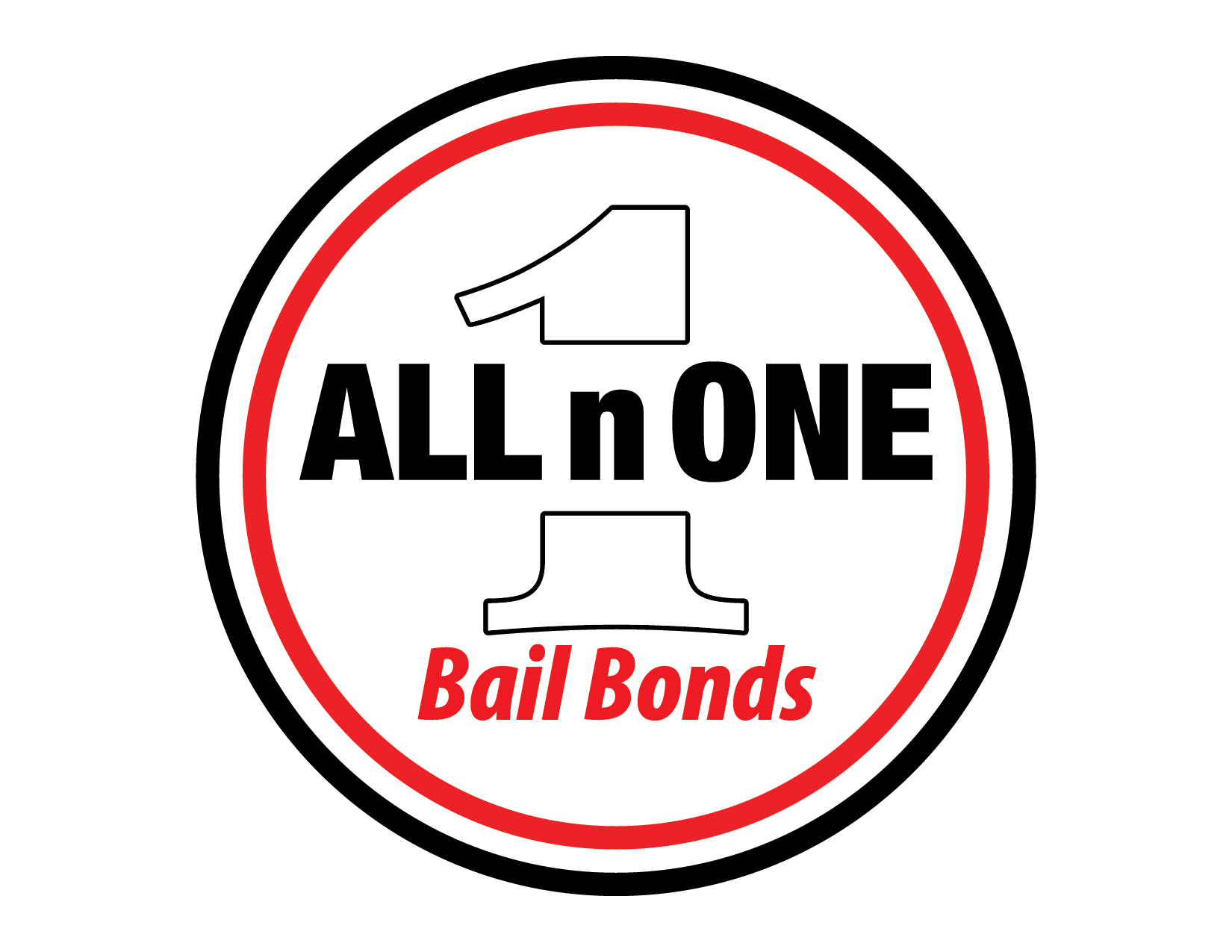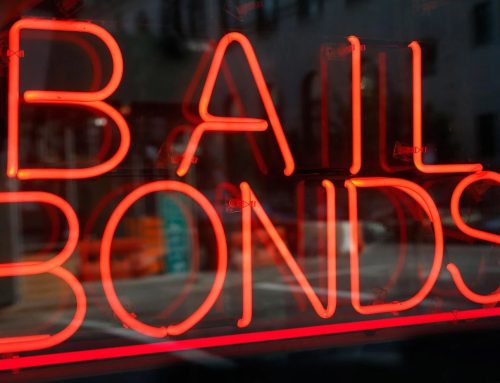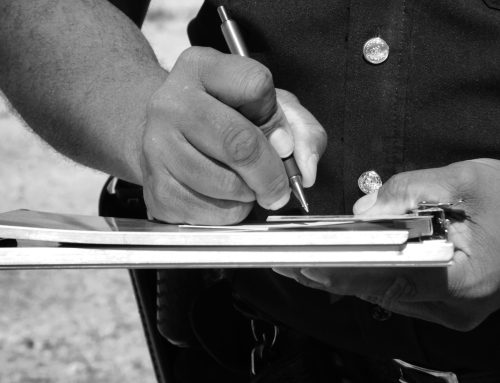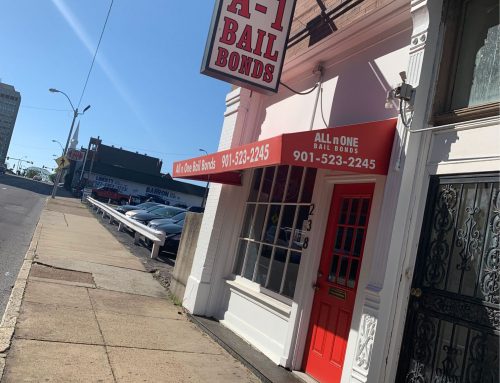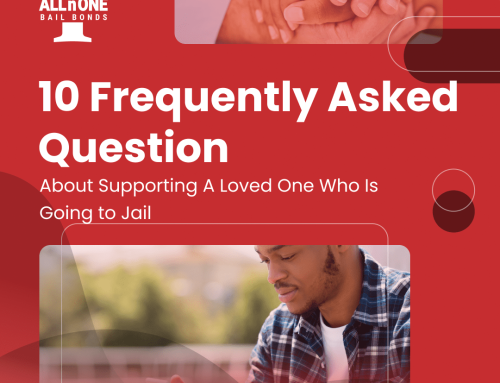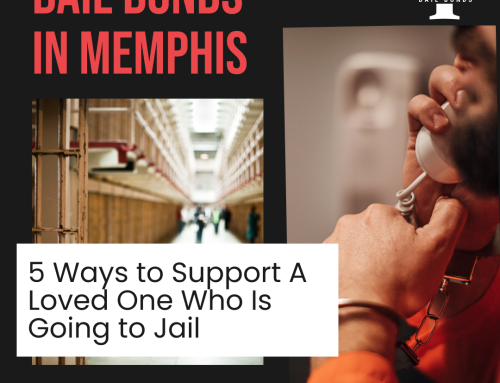Can Bail Be Denied?
Answer: Yes! Keep reading to learn when.
When Can Bail Be Denied?
Having a reasonable bail amount in place increases the likelihood that the defendant will act responsibly and not put a strain on the legal system by skipping bail and forcing the court to track them down, which is a costly and time-consuming process.
But there are extreme cases in which a judge can deny bail, such as if the charges are punishable by death or if the safety of the public is at risk.
Let’s take a look look at when bail can be denied:
1. The defendant has a history of repeat offenses
If a defendant has been arrested for committing the same crime multiple times, it is possible that his or her bail may eventually be denied.
2. The defendant poses a considerable flight risk
If there is a high likelihood that someone will not show up for court or go into hiding, a judge may not grant them bail.
3. The defendant is involved in a very serious crime
Bail bond denials happen much more frequently for serious crimes than for petty offenses. If a defendant has been accused of a particularly heinous crime, they may not be allowed to post bail.
Usually, when someone’s bail has been denied, it is because they have been accused of committing a Class A felony.
4. The defendant is a threat to society or to the alleged victim
The decision to grant or deny bail largely hinges on how much of a risk an individual poses to themselves or to the public.
If a defendant is obviously violent or displays any indication of mental instability, such as being suicidal, their judge may order a mental health evaluation instead of letting them get released.
Another possibility, which can happen during domestic abuse cases, is that the judge orders the alleged offender to stay in jail for several hours or days during what is known as a “cooling-off period.” This is to protect the alleged victim who may reside in the same house.
5. The defendant has a history of bail-jumping
Failure to appear in court can have serious consequences and can lead to a person having their bail revoked.
To avoid this problem, a defendant should work closely with their defense attorney, as well as their bail bond company, to make sure they are clear on when they should show up for court.
Contact Us
Being arrested is a frightening experience, and the prospect of being denied bail does not help.
Fortunately, All N One Bail Bonds has years of experience providing bail bonds for people in Shelby County. We would be happy to look into your situation and see what we can do for you.
Contact us today for a free consultation.
